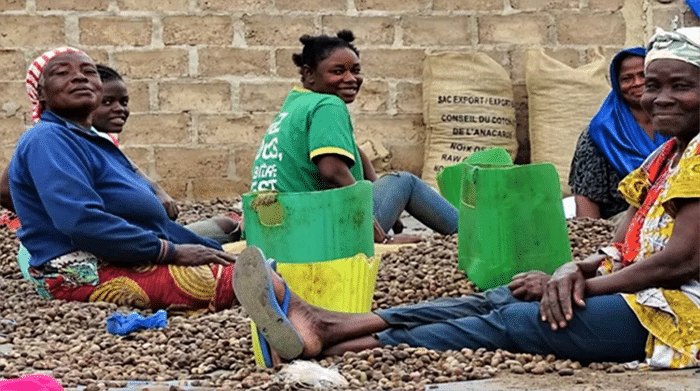
par CIDR Pamiga | Article, Développement durable
Comment Wi-Agri permet aux ivoiriennes d’avoir un meilleur accès au financement et aux marchés ? La Côte d’Ivoire est le premier pays producteur et exportateur de noix de cajou. Un succès qui ne pourrait avoir lieu sans les femmes des zones rurales. En effet, de la...


